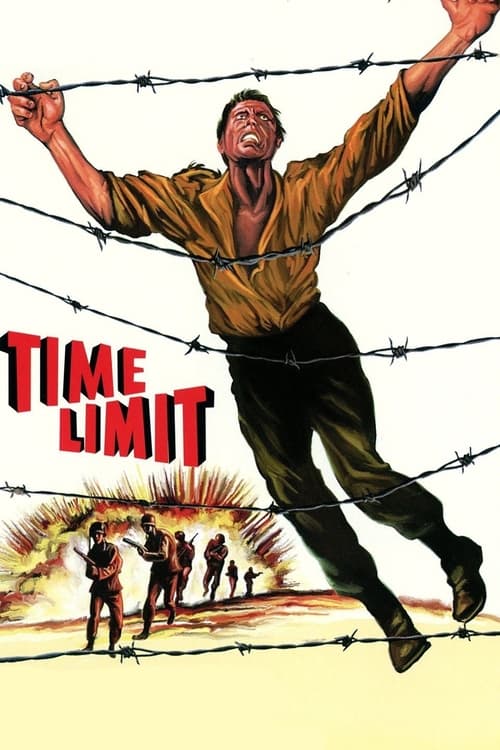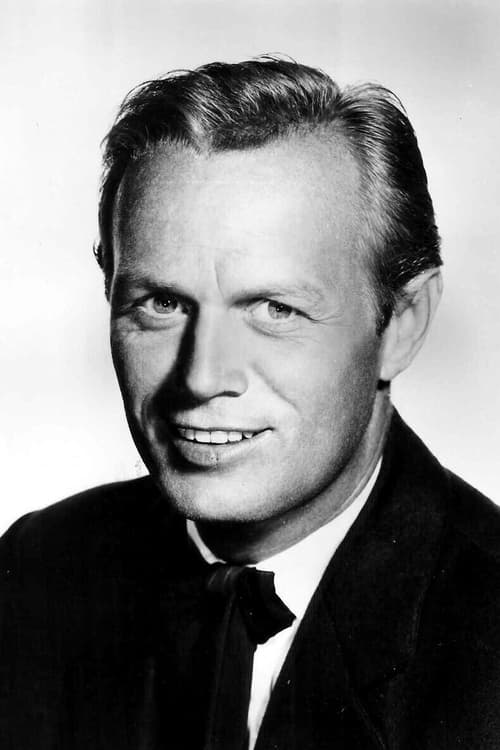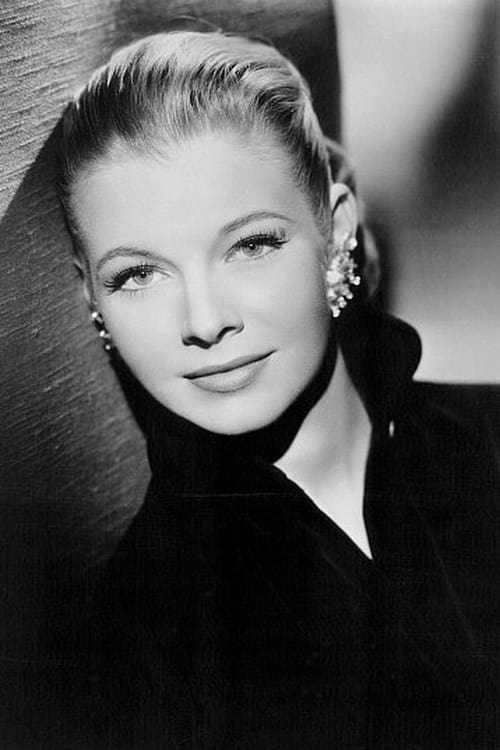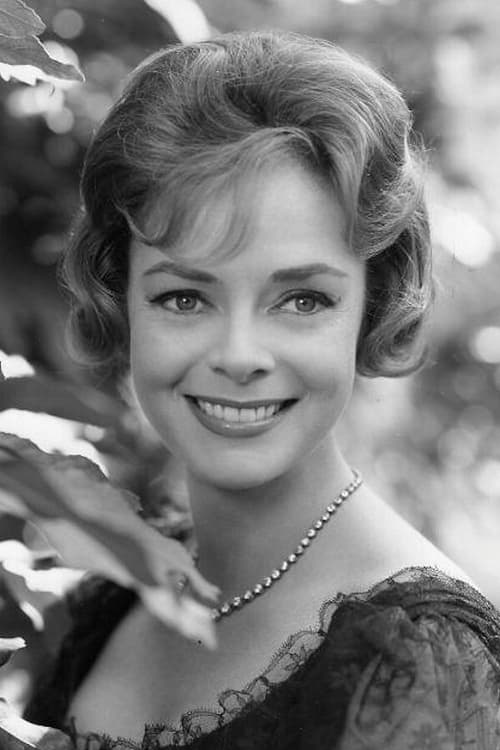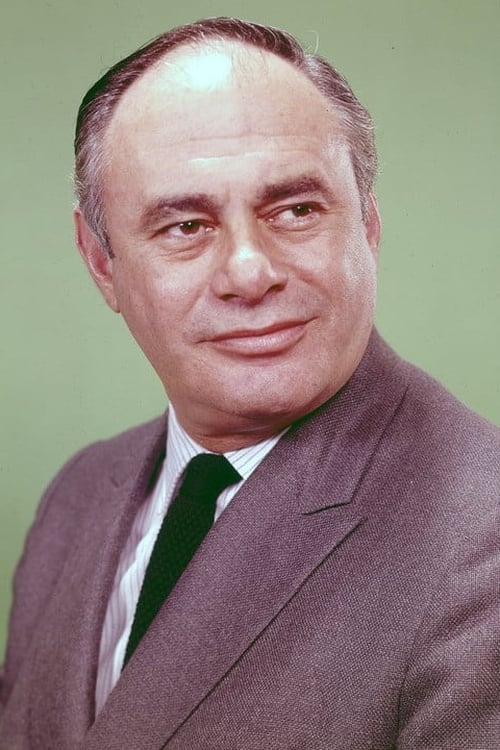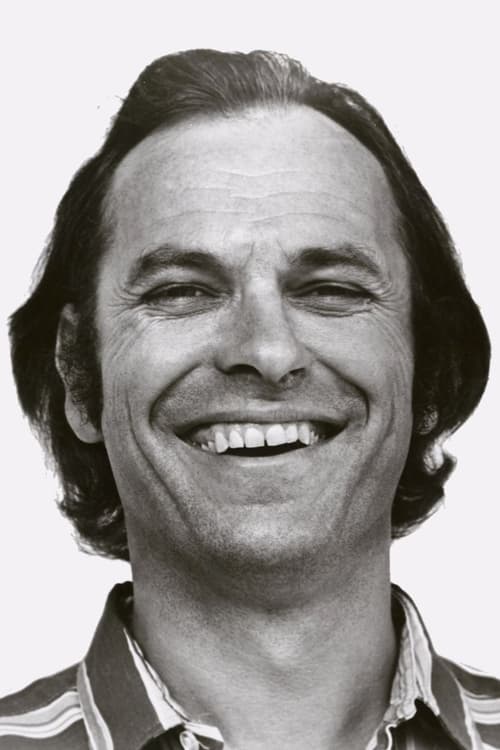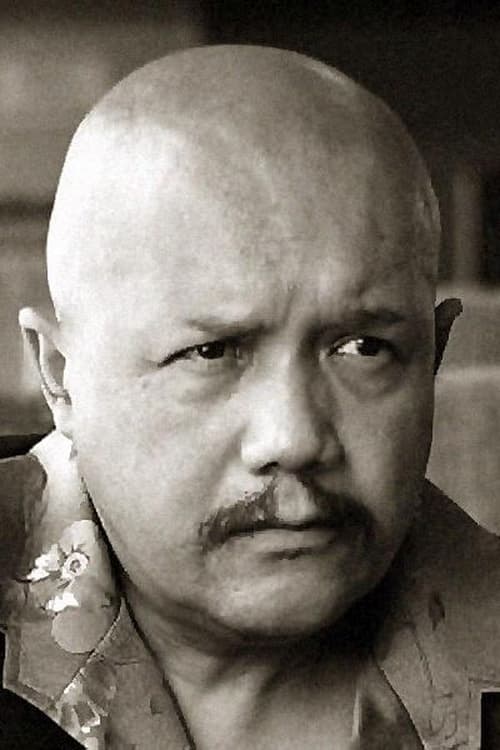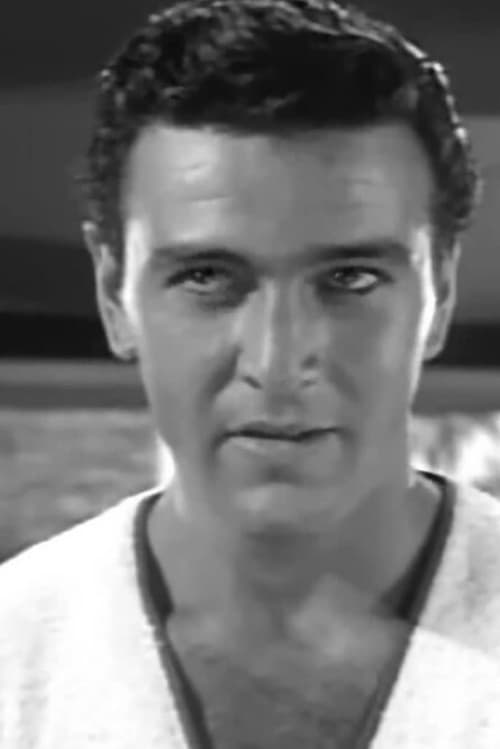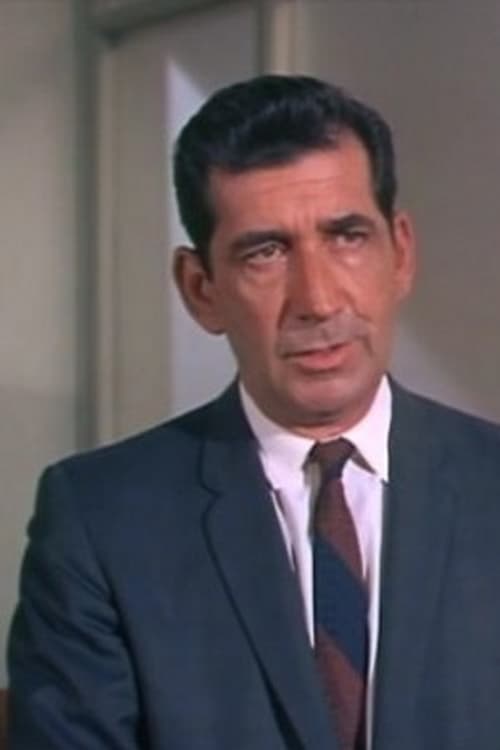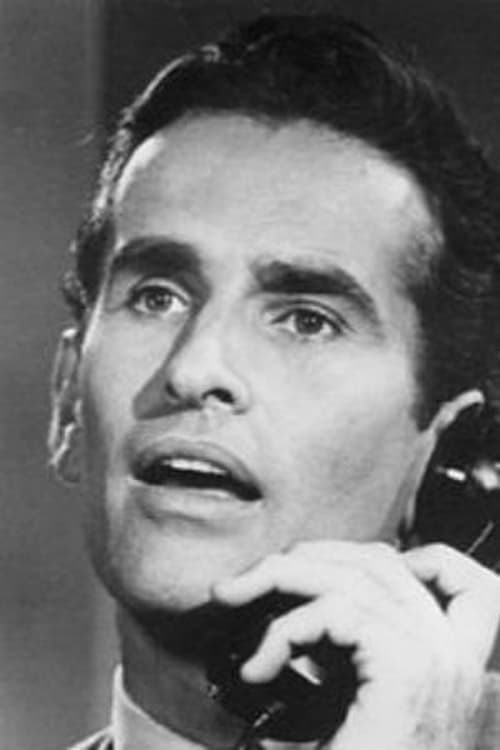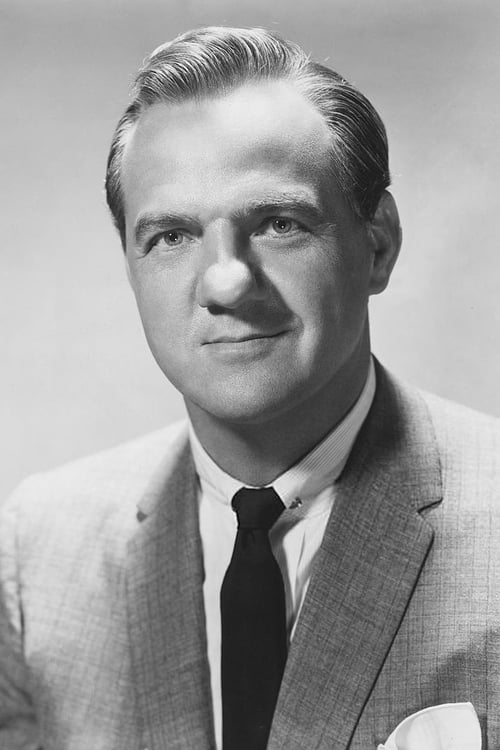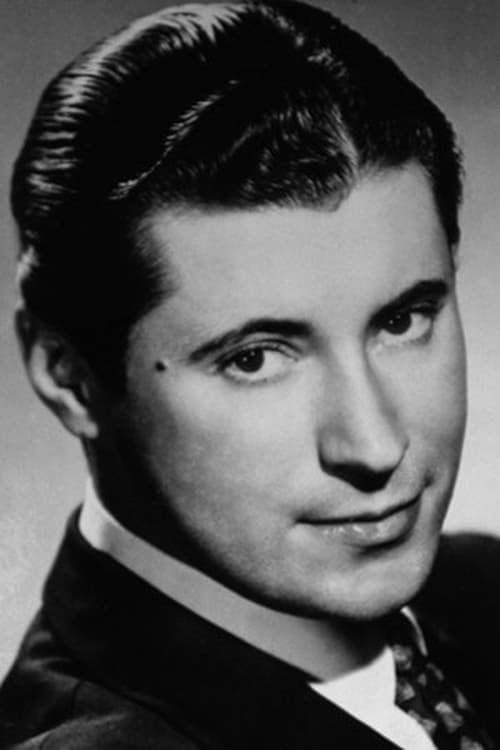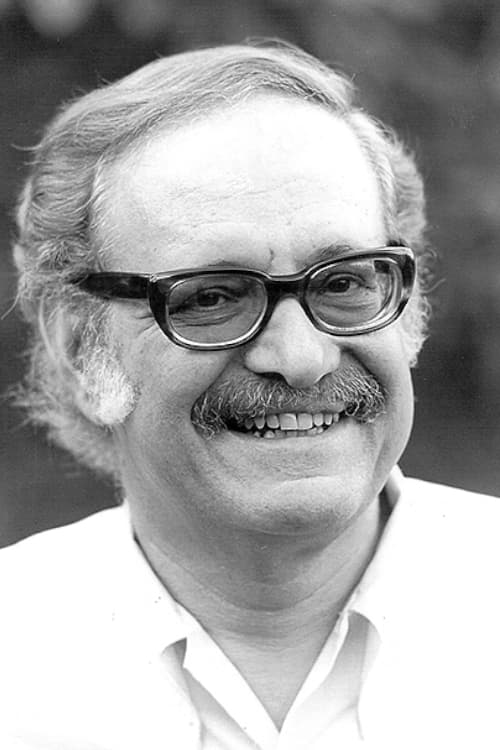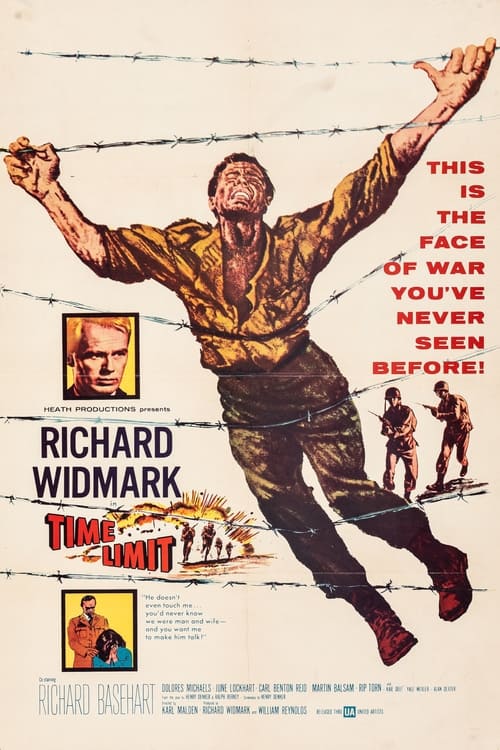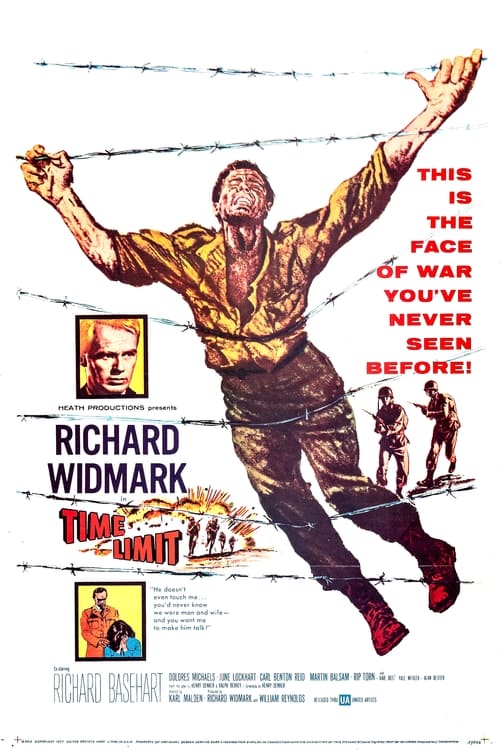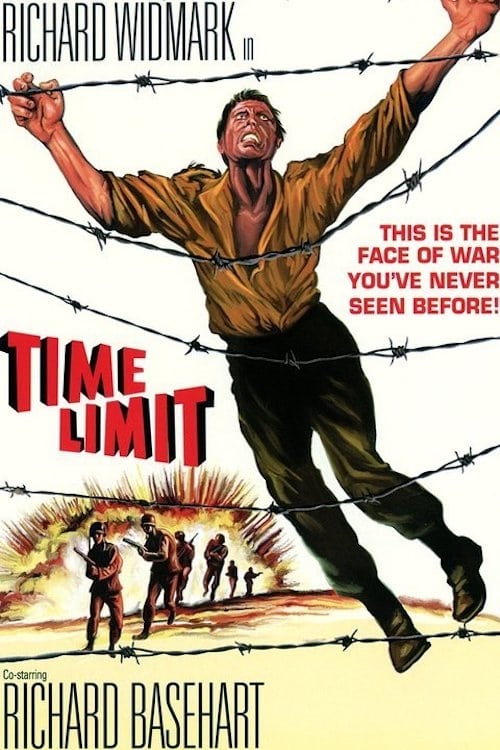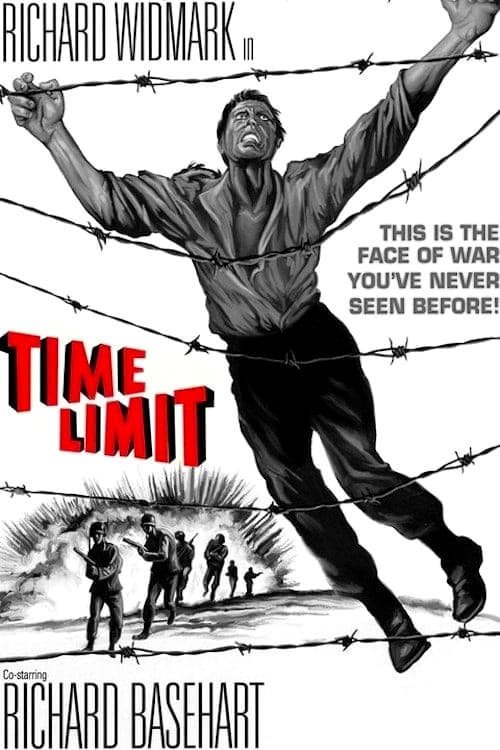Time Limit (1957)
This is the face of war you've never seen before!
Genre : Drama, Mystery, War
Runtime : 1H 37M
Director : Karl Malden
Writer : Henry Denker
Synopsis
Military investigator Colonel Edwards is assigned a case involving Major Cargill, a Korean War POW who is accused of treason. Although Cargill admits his guilt and Edwards' superiors are impatiently pushing Edwards to move this case to court martial, Edwards becomes convinced of Cargill's innocence.
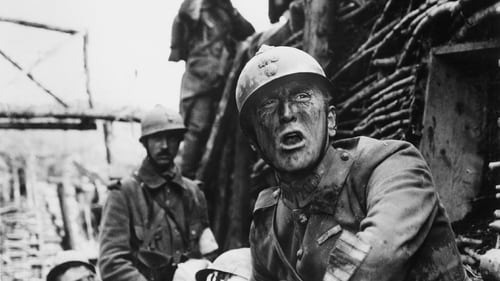
A commanding officer defends three scapegoats on trial for a failed offensive that occurred within the French Army in 1916.

Released after being wrongfully convicted and imprisoned for 13 years, a woman begins executing her elaborate plan of retribution.
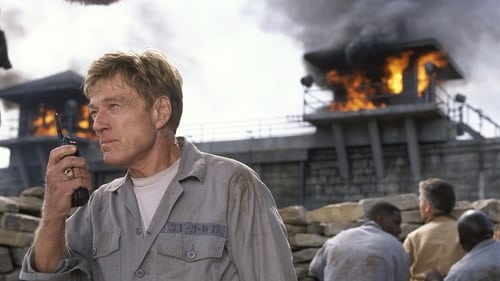
A court-martialed general rallies together 1200 inmates to rise against the system that put him away.

During World War II, two French civilians and a downed British Bomber Crew set out from Paris to cross the demarcation line between Nazi-occupied Northern France and the South. From there they will be able to escape to England. First, they must avoid German troops - and the consequences of their own blunders.
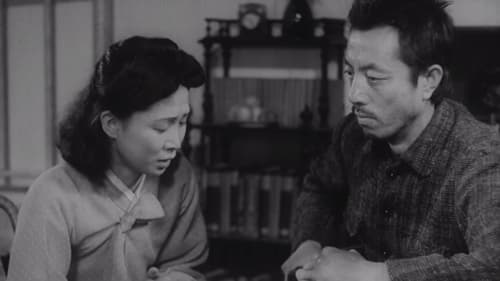
Hurrah! For Freedom (aka Viva Freedom) is a 1946 Korean film directed by Choi In-kyu. It was the first film made in the country after achieving independence from Japan. During the country's occupation Choi was only allowed to make Japan-friendly films, but the plot of Hurrah! For Freedom is distinctly different, telling the story of a Korean resistance fighter in 1945.

When an illicit arms deal goes bad, North Korean spy Pyo Jong-seong finds himself targeted not just by the South Koreans but also his own bosses.
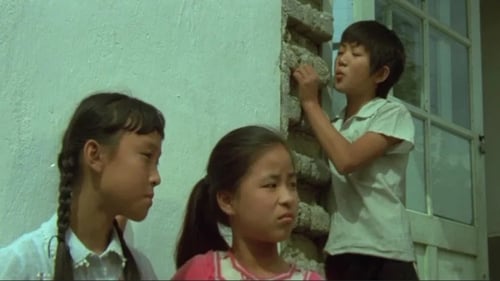
A sonagi is a brief but a heavy rain shower that starts suddenly, usually on a hot afternoon. In Hwang’s story, the rain shower symbolizes the short but heart-rending love between the boy and the girl. The story begins with the boy encountering the girl playing by the stream on his way back home. Although many of Hwang’s short stories are notable, “Rain Shower” is cited as his timeless Korean classic by Koreans. Koreans of all ages are acquainted with this story. It is famous for its poignant depiction of the Korean countryside and of innocent adolescent love. The picturesque scenes from this story stir nostalgia for many people.

In 1966, Deann Borshay Liem was adopted by an American family and sent from Korea to her new home in California. There, the memory of her birth family was nearly obliterated, until recurring dreams led her to investigate her own past, and she discovered that her Korean mother was very much alive. Bravely uniting her biological and adoptive families, Borshay Liem embarks on a heartfelt journey in this acclaimed film that first premiered on POV in 2000. First Person Plural is a poignant essay on family, loss and the reconciling of two identities.

A serial killer reappears 15 years after his murder spree with a book detailing his crimes. The resentful cop who failed to catch him before is assigned to protect him. The families of the victims plan revenge. And as the media circus spirals out of control, a masked man called "J" appears claiming to be the real killer.

A division of marines survive a battle with the Chinese army but find themselves stranded without contact on the wrong side of the front.

HAN Dae-huei, a public official in charge of residential pollution of Mapo district. No one can disturb his composure: a man who never loses his temper: a man of tranquility; the apotheosis of snobbery. He is a typically unenthusiastic public official up to his bone. Never expect him to try a new thing or change anything.
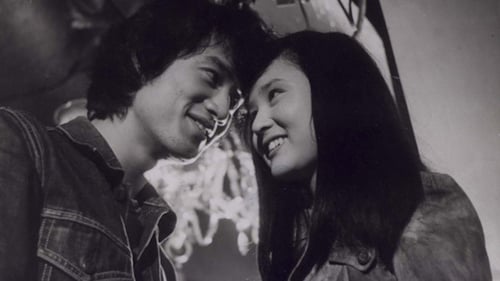
The story is set in the 1970s during the period of military dictatorship. Schools were frequently closed and society seemed to face bleak prospects on all fronts. Nonetheless, Byung Tae, a college student, enjoys pursuing romance in blind group dates. It's during one of these ventures that he meets Young-ja, a French literature student.

Two rivals, Sheng from the South and Shao from the North, have one common enemy, the Silver Fox. The Silver Fox killed Shao's parents and robbed from Sheng's palace. When each one fails to defeat Silver Fox, the two decide to team up and win.
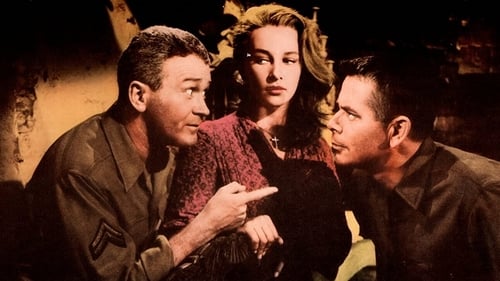
An officer poses as a general after the death of his commanding officer and inspires his troops to victory.

Right after Korea's liberation, O Yun accidently finds out through Choe Sang-bae about a large amount of gold nuggets Japanese soldiers left behind, O kills many of his colleagues to take all the gold to himself. In the end, a neckless beauty among the dead shows up and takes her revenge on him.
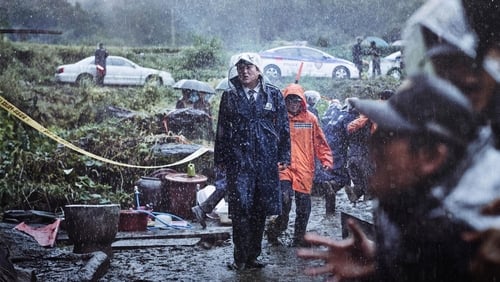
A stranger arrives in a little village and soon after a mysterious sickness starts spreading. A policeman is drawn into the incident and is forced to solve the mystery in order to save his daughter.

While celebrating their children's birthdays, Mae and Rendy received shocking news. Sophie announces that she will get married to Kim Bum Park, a Korean man whom she just met for 3 weeks when holidaying in Korea.

The film deals with the rights of Japanese-Koreans -born in Japan but without Japanese passport or nationality- and the social rejection that they face if they don’t integrate completely, abandoning their Korean identity. The film’s main thread is the story of a Korean man, who in the times of the Japanese occupation of the Korean peninsula, is sent to Japan to fight along with the Japanese in the Philippines, but after the war and fearing discrimination, creates a Japanese identity for himself and manages to get married and have children without his family ever knowing about his origins for 50 years until he is arrested in 1985 for forging official documents and in suspicion of being a spy from North Korea. (…) © timegoesbyin.wordpress.com/tag/i-wanted-to-be-japanese

A tough sergeant has to teach a hotshot young soldier how to be a team player.
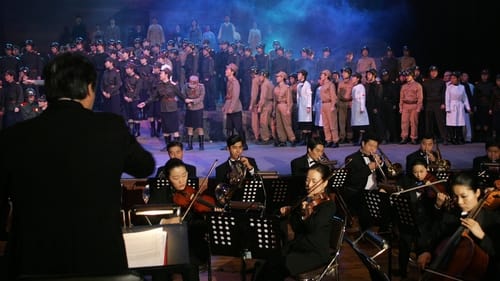
After learning that his grandfather is alive and living in Seoul, a North Korean musician must leave his fiancee behind and accompany his family to South Korea.
